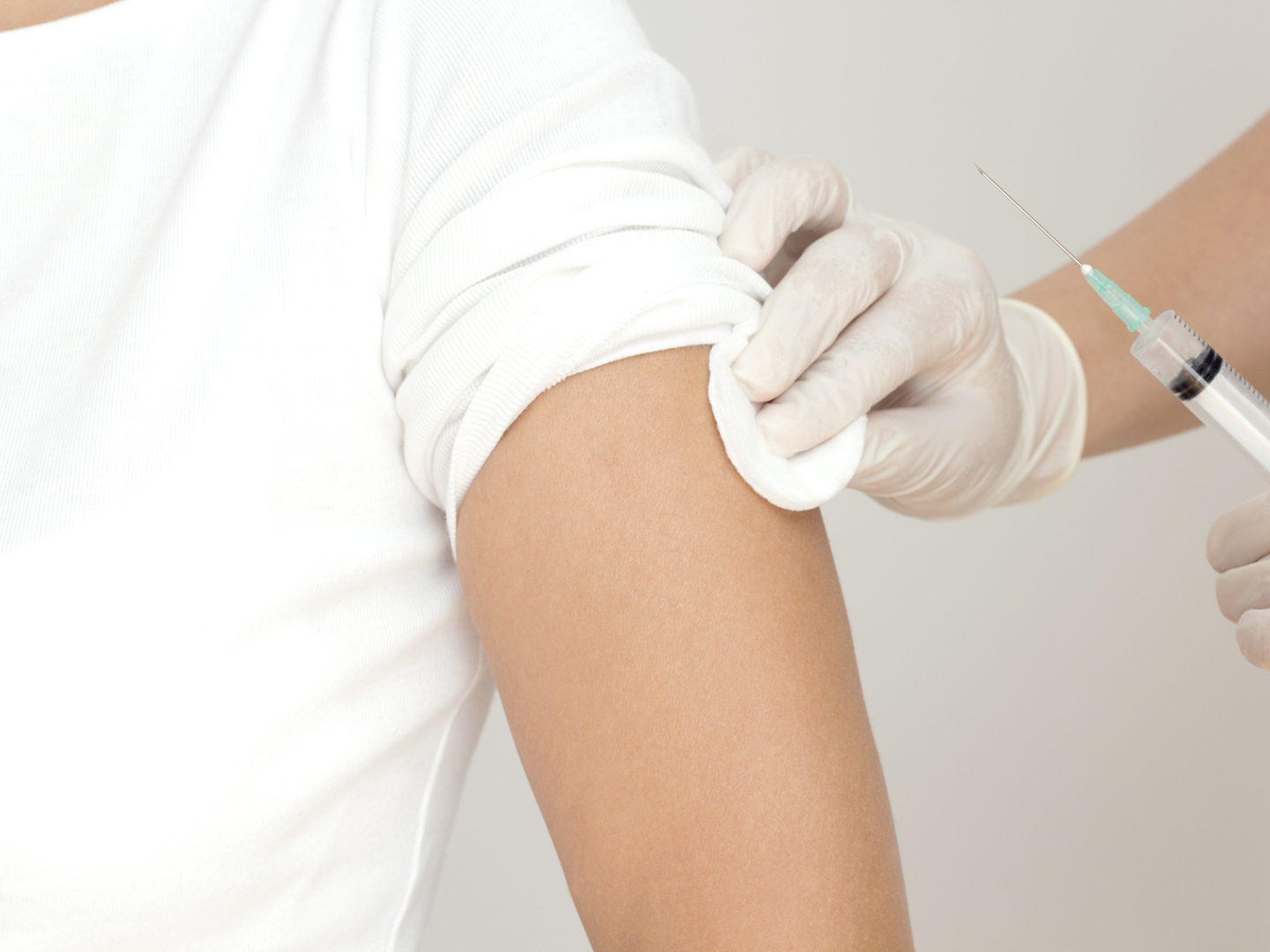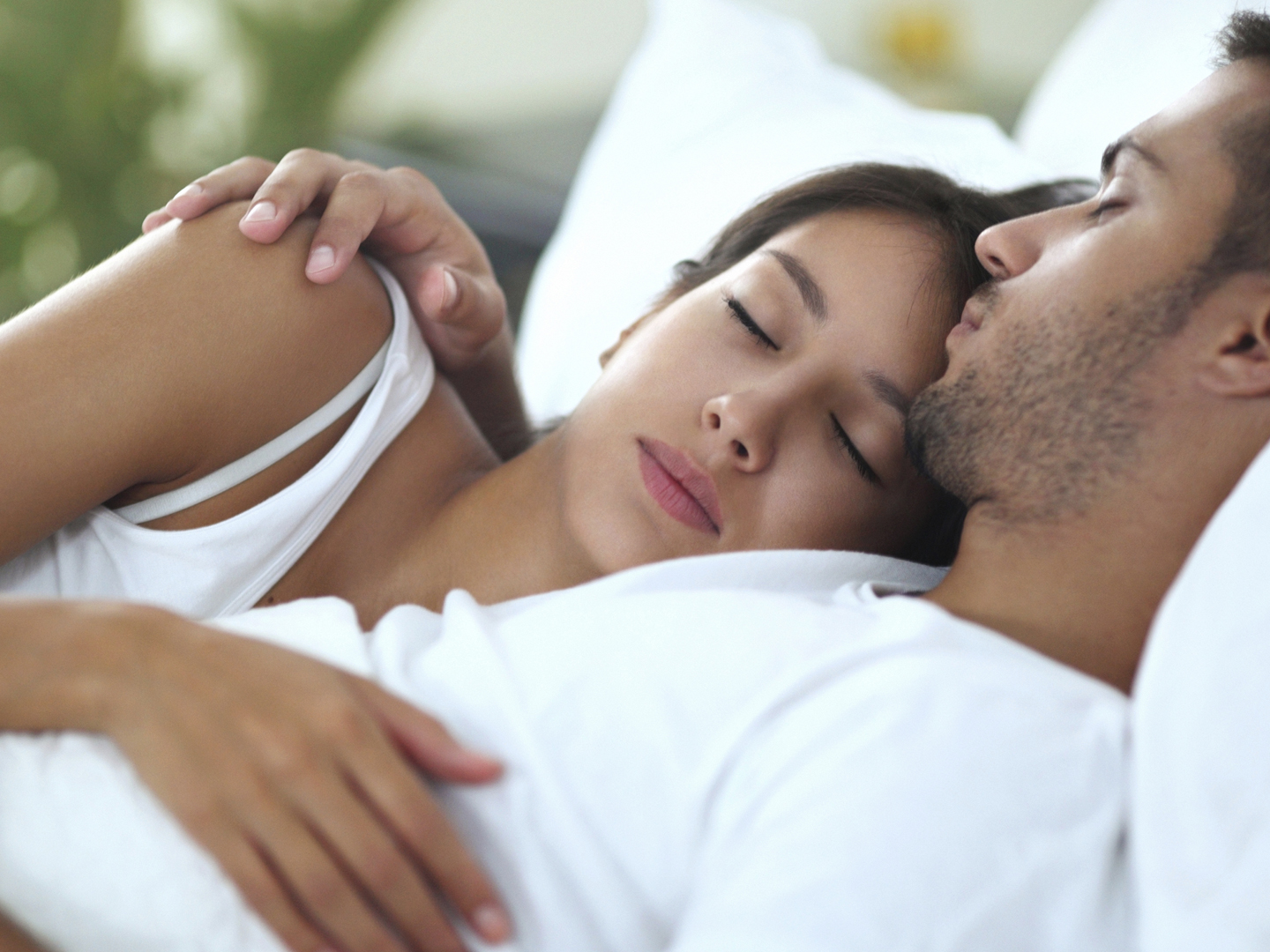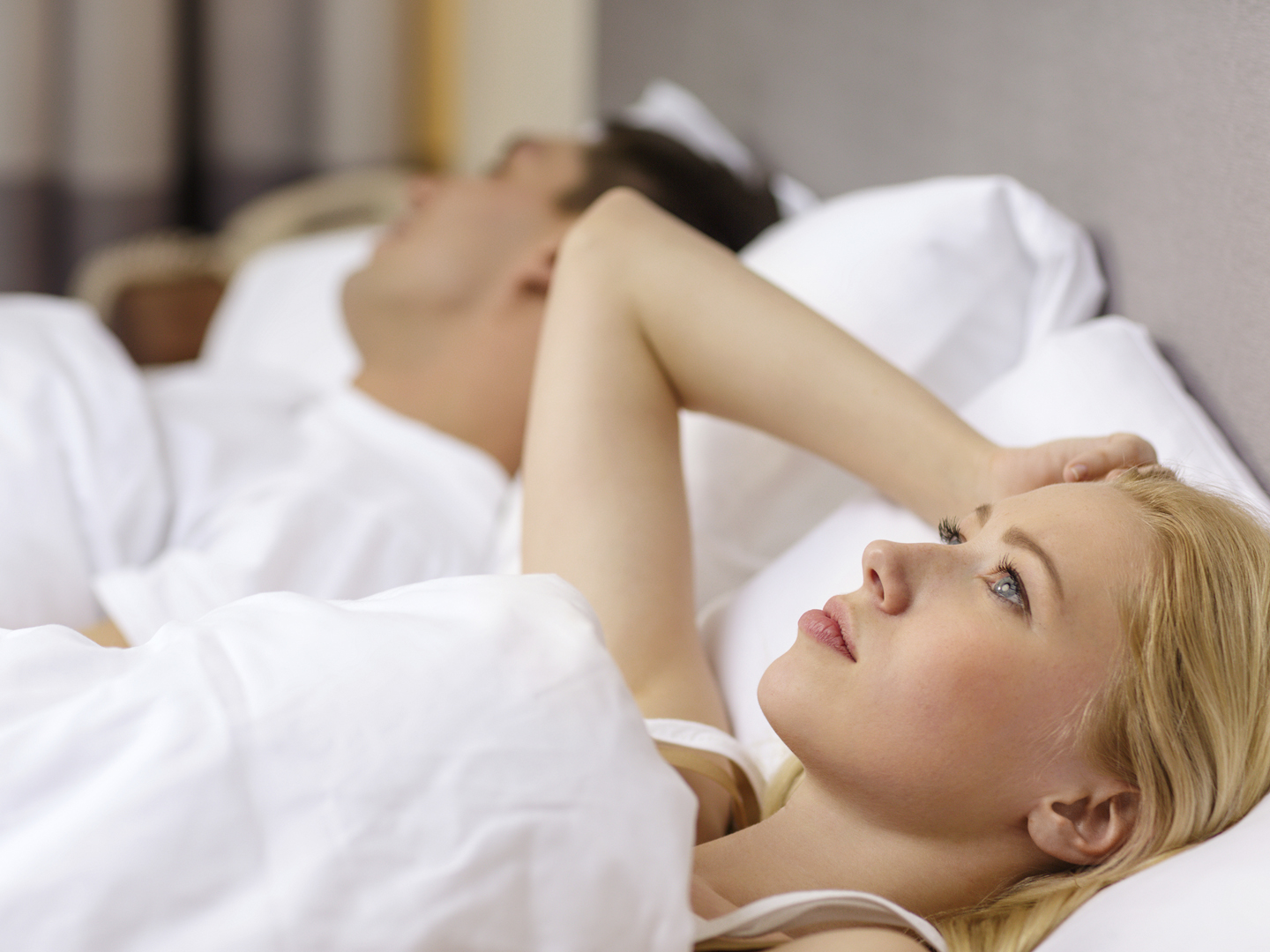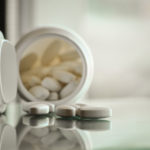HPV Shots For Adults?
Are HPV shots safe for adults? If so, is there any reason for adults not to be vaccinated?
Andrew Weil, M.D. | February 9, 2018
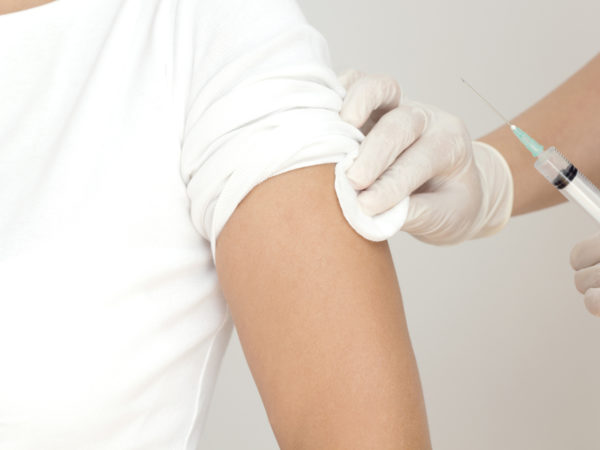
The human papilloma virus (HPV) is the most common sexually transmitted infection, so much so that nearly all sexually active people pick it up at some point in life. Although HPV infections go away on their own in 9 out of 10 cases, some strains can linger and cause genital warts, cervical cancer, head and neck cancer, and anal cancer. According to the U.S. Centers for Disease Control and Prevention (CDC), HPV leads to 30,700 cases of cancer annually, most of which (about 28,000) could have been prevented by the shots.
The CDC recommends that all 11 and 12-year-old boys and girls be vaccinated to make sure they’re protected against HPV before they become sexually active. Once you’re infected, the vaccine won’t do you any good. If you weren’t vaccinated when you were 11 or 12, the CDC recommends “catch-up” shots for young men through age 21 and women through age 26. The vaccine is also recommended through age 26 for gay and bisexual men (or any men who have had sex with other men), transgender adults, and men and women with compromised immune systems (including those with HIV/AIDS) who didn’t get the shots when they were younger.
HPV shots appear to be as safe for adults as they are for 11- and 12-year olds. Researchers in Denmark explored the safety issue in a study of more than three million Swedish and Danish women who were vaccinated between the ages of 18 to 44. The investigators looked for associations of vaccination with any of 45 serious chronic diseases. The only increased risk they saw was development of celiac disease, an autoimmune disorder that damages the small intestine when the diet contains gluten. But this showed up only in some of the Danish women and may not be significant.
There are 3 HPV vaccines available in the U.S.:
- Gardasil: Prevents infection by HPV-16, HPV-18, (responsible for most HPV-caused cancers) plus HPV-6 and HPV-11, which cause 90 percent of genital warts. Gardasil protects against cancers and pre-cancers of the cervix, vulva, vagina, anus, penis, and throat.
- Gardasil 9: Prevents infection by all the HPV types as Gardasil, plus HPV-31, HPV-33, HPV-45, HPV-52, and HPV-58, which are implicated in 90 percent of cervical cancers.
- Cervarix: Protects against HPV-16 and HPV-18.
Teenagers and young adults need 3 doses of the HPV vaccine, as do people with weakened immune systems. (Two doses are sufficient for 11- and 12-year-olds.)
The only reasons not to get HPV shots are a life-threatening allergic reaction to a previous dose or component of the vaccine; severe allergies, including an allergy to yeast or latex; and pregnancy. As a general rule, if you’re sick, wait until you’re better to receive a vaccination.
Andrew Weil, M.D.
Source:
Anders Hviid et al, “Human papillomavirus vaccination of adult women and risk of autoimmune and neurological diseases.” Journal of Internal Medicine, October 18, 2017; DOI: 10.1111/joim.12694








